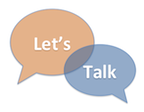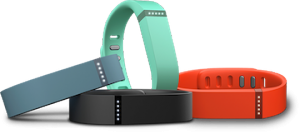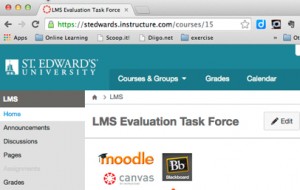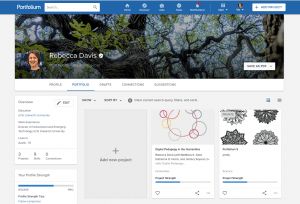 The Office of Information Technology is conducting a pilot of technology to support the creation of Learning Portfolios. Learning Portfolios are collections of student work and other evidence from their career in higher education (often accompanied by reflections) that demonstrate broad skills and competencies possessed by the students. In other words, learning portfolios showcase student learning.
The Office of Information Technology is conducting a pilot of technology to support the creation of Learning Portfolios. Learning Portfolios are collections of student work and other evidence from their career in higher education (often accompanied by reflections) that demonstrate broad skills and competencies possessed by the students. In other words, learning portfolios showcase student learning.
Making Connections and Reflecting
The general education program at St. Edward’s University has identified the learning portfolio (also known as the eportfolio) as a useful tool to help students make connections
- across the general education curriculum;
- between general education, major, and elective courses, as well as
- with co-educational experiences like work, civic and volunteer activities, and personal interests.
Learning Portfolios are also a place for students to reflect on what they have learned. Some majors have students assemble examples of work done in their major, select works that illustrate what they have learned in the major, and reflect on their learning. These portfolios are also useful repositories to draw on in conversation with prospective employers.
Portfolium
The potential use of learning portfolios in general education means that every student will need their own portfolio, so it makes sense for the university to consider providing a portfolio tool at the enterprise level (a tool that everyone on campus can use). Before we can select that tool, we need a better understanding of technology requirements. And before we can determine requirements, the new general education curriculum, which launched in Fall 2018, needs to work out the process and practices of learning portfolios. To enable that work, the Office of Information Technology has licensed a product named Portfolium for the 2018 – 2019 academic year. Instructional Technology chose this tool with input from pilot faculty because it is easy to use and plugs into Canvas. We will use this pilot to help determine requirements for future tool selection, which we hope to accomplish in Spring 2019. Regardless of what tool the university ultimately uses, students will retain their Portfolium profile free for life.
Pilots
Six faculty who teach general education courses have already volunteered to begin using Portfolium in the Fall 2018 semester once Portfolium becomes available in October. Two other history faculty will be piloting the use of portfolios in the history major. We have plenty of licenses for Portfolium, so we are seeking faculty volunteers for Spring 2019, as well. If you are interested in trying Portfolium or have questions about this pilot please contact Rebecca Davis or Brenda Adrian in Instructional Technology.
If you would like to pilot Portfolium with one of your courses or in some other way, please fill out this brief google form: https://docs.google.com/forms/d/e/1FAIpQLSchv8G_7aJ7LF87dTQpkKX5dOjhYMs071WEW1Xf3ZKU18VX4A/viewform?usp=sf_link
More information about the pilots is available to members of the St. Edward’s community in this folder in google drive: https://drive.google.com/drive/folders/15rqf4Lh6TUp4WIoz8b6YpK6yrHPCrnFN?usp=sharing
Access the Portfolium FAQ here: https://support.stedwards.edu/customer/en/portal/articles/2956430-what-is-portfolium-?b_id=14595
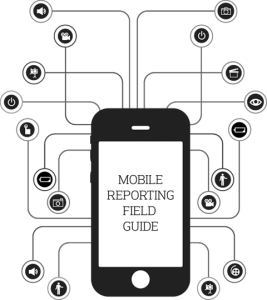
 The TLTR will be awarding grants worth up to $5,000 to fund innovative teaching projects that incorporate new technologies and can be used as a model for other faculty. This year you may seek funding for specific technologies, conference costs, student research assistants, and other needs.
The TLTR will be awarding grants worth up to $5,000 to fund innovative teaching projects that incorporate new technologies and can be used as a model for other faculty. This year you may seek funding for specific technologies, conference costs, student research assistants, and other needs.
